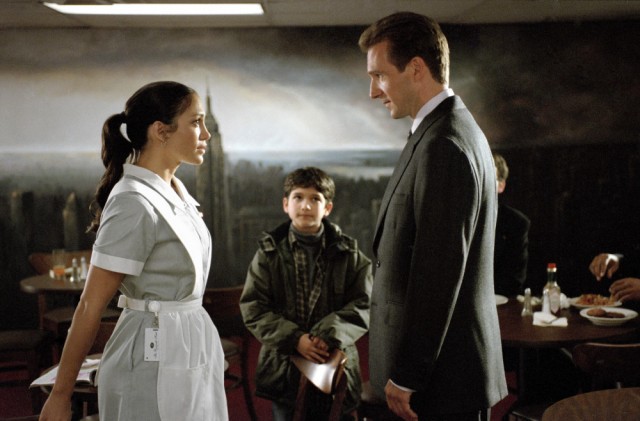Two Dates With Robert Durst

Last night I was fortunate enough to share paella with a woman who mentioned, in context, that she had briefly gone out with Robert Durst. Naturally, no else else at the table was allowed to speak until she had shared us with the full story.
They met a fundraising event for the non-profit she worked for in 1986. My friend, who we’ll call Doctor, was 29 at the time, and in her own words, embarrassingly naive. She knew that his family was wealthy — he was at the event as a prospective donor, after all — but she didn’t know that he had one corpse freshly buried and at least two more to come. And she assumed he wanted to talk to her about work.
After they chatted for a bit, he told her, “I want to take you to the Bolshoi.” That was his line! He didn’t mean charter a plane and abscond with her to Moscow; he only meant to go as far as the Met, where the famous Russian company was performing at the time. Still: romantic.
Doctor was a dance fan. “Sure,” she said.
In recounting this, she did an excellent imitation of his drawling voice and flat affect. No twitch, though.
First they met for lunch at Gotham Bar and Grill. The lunch was fine. He spoke too loudly and didn’t ask her questions, but, you know, men. She thought it was odd that she kept trying to shift the focus of the conversation to her non-profit, and he kept shifting it away. His whole manner was odd: disjointed, brusque. Vague warning bells rang in her head, and she ignored them.
After lunch, he repeated, “I want to take you to the Bolshoi,” and promised he’d get them tickets. She assented and went home. A day or two later, he called. “I couldn’t get tickets,” he said. “How about dinner?”
“Okay,” she said.
“Let’s meet at my place,” he said, and he gave her the address: a doorman building on the Upper West Side across from the Dakota. She showed up there at the appointed time and within minutes she was alone with Robert Durst in an apartment as desolate as a moonscape, empty and echoing.
We all groaned at her at this point in the telling, and she said, “I know! I know.” Even without the benefit of knowledge, her instincts kicked in at that point — the warning bells had taken on the pitch of a police siren — and she brightly suggested to her date, who seemed happy to hang out in his widower pad, that they head to the restaurant. He agreed. Still, she knew she had to get away. At dinner, he was even more abrupt and inappropriate than he had been, and she did a lot of nodding and smiling, while she wasn’t speed-eating. Once dinner was over she almost knocked him down in her haste to get in a cab.
He followed her, trying to cajole her into going for drinks or making another plan. “No, thanks,” she said, as she pulled the taxi door closed in his face. That was as rude as she allowed herself to be. He continued to call her — he was leaving her a message as she walked into her apartment — but she never called him back or saw him again.
We congratulated her on remaining alive, even at the cost of not continuing to date someone with untold riches at his disposal. I told the group that, as it happened, I had just ridden in a car with a young woman who had also had a brush with billions.
“Ruth” had been dating a guy for a while who lived so frugally he walked around the gaping hole in his living room floorboards and wouldn’t fix his hot-water-only shower. She didn’t mind too much, or at least she was willing to put up with it; she loved him.
When he invited her to meet his grandma, she said sure, and off they went to what turned out to be the Greenwich estate of a former Hall of Fame baseball player and his wife, heiress to the Saks Fifth Avenue fortune. They ate dinner under a Miro, Ruth almost too stunned to speak.
“Why did you break up with him?” I asked her.
“He was just so weird about money!” she said. “We were trying to move in together, to agree on an apartment, and we couldn’t. He kept insisting on these horrible places, even when we could afford better.”
“Like penance,” I said. “But still! How could you walk away from marrying into Saks?”
She shrugged, with a little smile. “I’ve always been more of a Bergdorf’s girl myself.”
Support The Billfold
The Billfold continues to exist thanks to support from our readers. Help us continue to do our work by making a monthly pledge on Patreon or a one-time-only contribution through PayPal.
Comments